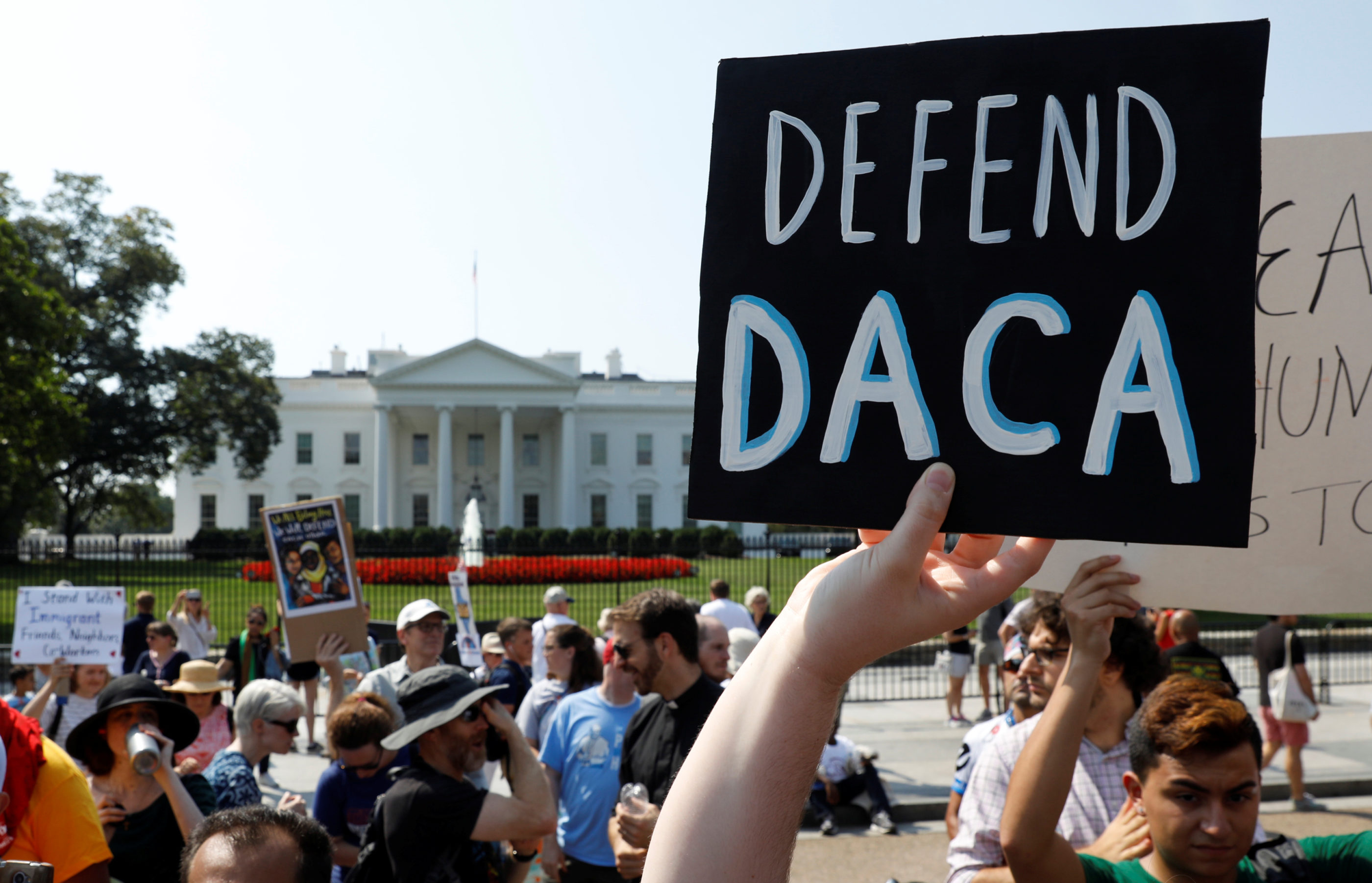By Taylor Holden*
The Trump administration recently rolled back federal requirements that employers include birth control coverage in their health insurance plans, significantly expanding exemptions for corporations that cite moral or religious objections at the expense of the health of hundreds of thousands—if not millions—of women.
This new policy is the latest in a long series of attempts to gut the Affordable Care Act, in order to pander to a small, vocal, and fringe part of the American electorate. It goes far beyond the reasonable accommodations established by the Obama administration for religious exemptions and expands on those established in Burwell v. Hobby Lobby.
Burwell v. Hobby Lobby, in a landmark 5-4 decision, struck a blow against access to preventive care while expanding the notion of corporate personhood and the scope of religious liberty. It provided more leeway for corporations to challenge laws they claim violate their religious liberty. Justice Samuel A. Alito Jr., writing for the majority, played down the scope of the decision, arguing that it applied only to closely held religious for-profit corporations.
Justice Ruth Bader Ginsburg argued in her dissent that the decision constituted a radical expansion of corporate rights, not exclusively bound to closely held religious for-profit corporations or even cases relating to contraceptive coverage.
At this time, it seems, she was right.
The Trump administration’s decision to roll back contraceptive coverage requirements for employers now expands religious exemptions to nonprofit organizations, for-profit companies that voice religious objections, publicly traded corporations, and higher education institutions, which threatens contraceptive coverage for students and staff covered by university health plans. A second rule, opaque by design, extends an exemption to organizations and privately held companies that have “moral objections.”
Furthermore, this new policy undermines a crucial Obama-era accommodation, which allowed religious entities like churches and convents to opt out of providing contraceptive coverage to employees on the condition that they file a document certifying their objection to the contraceptive coverage mandate with their insurer and the government. Following this filing, contraception would be provided by the insurer and the insurer would be reimbursed by the government. Trump’s new policy makes that accommodation optional, which means this newly expanded pool of employers and institutions claiming moral or religious objections to covering birth control now have no responsibility to make sure employees and students receive this coverage elsewhere.
And the wholly unsurprising kicker: The Trump administration imposed these new regulations without even understanding the extent of their implications.
The Department of Health and Human Services provided briefing memos to The Washington Post stating that the new policy “will result in some persons covered in plans of newly exempt entities not receiving coverage or payments for contraceptive services.” However, it also says there is not “sufficient data to determine the actual effect . . . on plan participants and beneficiaries, including for costs they may incur for contraceptive coverage, nor of unintended pregnancies that may occur.”
Yet here we are.
Short of building a time machine and going back to a time before we were all through the looking glass, there are three possible fixes here.
The first option is, of course, litigation, which has already begun in earnest on the grounds that this new policy is unconstitutional and unlawfully targets women. The second and third options are that Congress can require insurance companies to pay for contraceptive coverage, or require states or the federal government to step in to pay for the contraceptive coverage lost under this new policy. Unfortunately neither of these latter options appear to be viable, considering:
- The Trump administration’s decision to make Obama-era accommodations that require insurers to cover birth control optional rather than mandatory,
- The historic dysfunction of this particular Congress and administration, and
- The hostility toward women that the Republican Party is enthusiastically attempting to codify into various laws that disproportionately impact women, like employer-covered contraceptive coverage, abortion access, insurance premiums associated with pregnancy and sexual assault, and others.
But I digress.
This new policy is devastating for women’s health and freedom, and that it’s so deeply tied to subjective religious and moral objections means it paves the way not only for workplace discrimination against women but for discrimination against LGBTQ and genderqueer people as well. They, too, need and deserve access to contraception.
More than 55 million women have access to birth control without co-payments because of the contraceptive coverage mandate in the Affordable Care Act. This move will cost many of them access to birth control they currently receive at no cost, forcing some to make choices between paying for preventive care like contraceptives and paying their rent, their mortgage, or their electric bill.
In addition to its primary purpose, birth control is used to treat many other conditions like endometriosis, Polycystic Ovary Syndrome, Primary Ovarian Insufficiency, menstrual migraines, nausea, heavy bleeding, and clotting, all of which are debilitating and can be dangerous for women. Birth control is also used to treat women for whom pregnancy is not a safe or viable option based on pre-existing medical conditions.
Affordable contraception for women saves lives. It prevents unintended pregnancies. It reduces maternal mortality rates and improves quality of life. It does not, as the Trump administration is claiming, lead to ‘risky sexual behavior.’ No study has shown that access to contraception causes significant changes in sexual behavior.
Furthermore, it’s not 1950.
Reducing access to contraception increases unintended pregnancies and sexually transmitted diseases. It undermines women’s health and the health of families, curtailing options for planning pregnancies and, consequently, higher economic and educational attainment for parents.
And it’s not just that whether or not a woman has to pay out of pocket to cover contraception is now based on the religious or moral objections of her employer. The Trump administration also rolled back Title IX regulations intended to curtail sexual assault on college campuses and provide support and legal recourse to survivors. Republicans brought forth a health care bill that treated sexual assault and rape as a pre-existing condition, which would have driven up premiums for women seeking care and potentially cost them access to care altogether. The Trump administration ended the requirement that large companies report to the government what they pay employees by race and gender, a rule that aimed to close the gender wage gap. Republicans are doing everything they can to limit access to abortion, which is health care and a constitutional right.
And now they’re coming for access to contraception. All of these actions are connected—revealing a majority political party and administration aggressively fighting against the equality, autonomy, and well-being of women everywhere.
They’d better have a good lawyer.
*Taylor Holden is the Development Director of ProgressNow Colorado, the Chair of the Board of Directors of Emerge Colorado, and formerly served on President Obama’s reelection campaign






